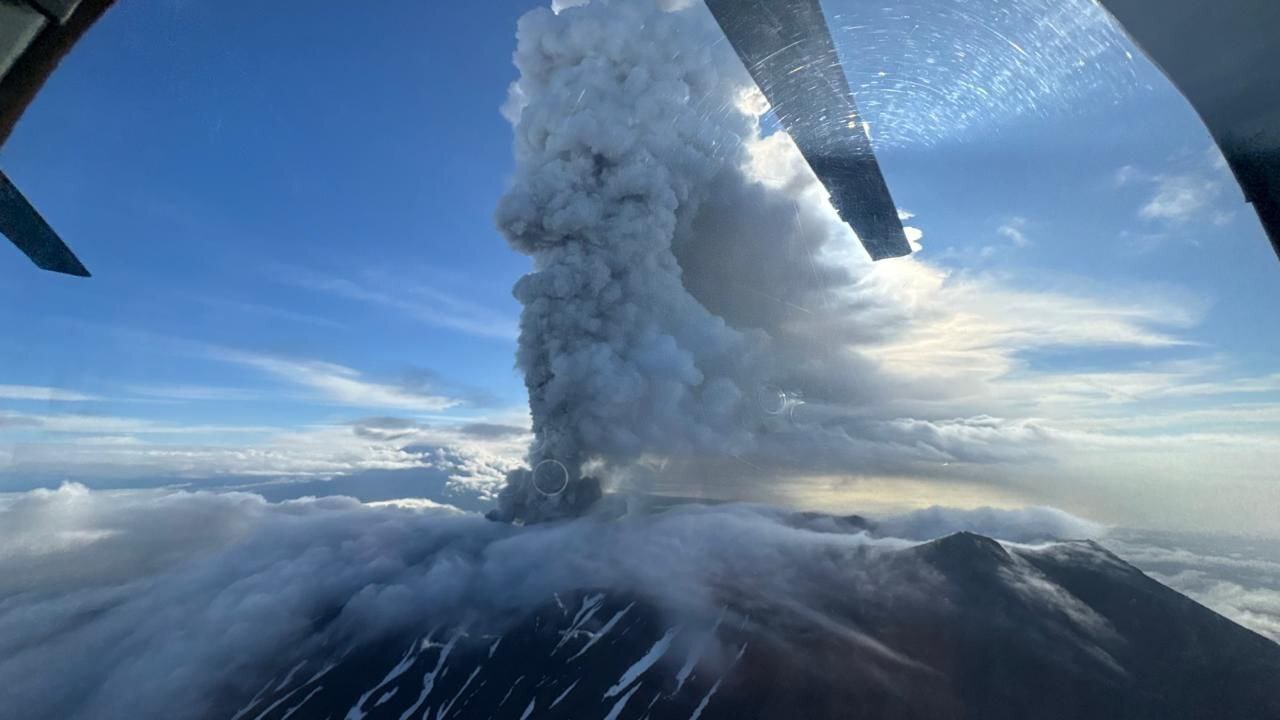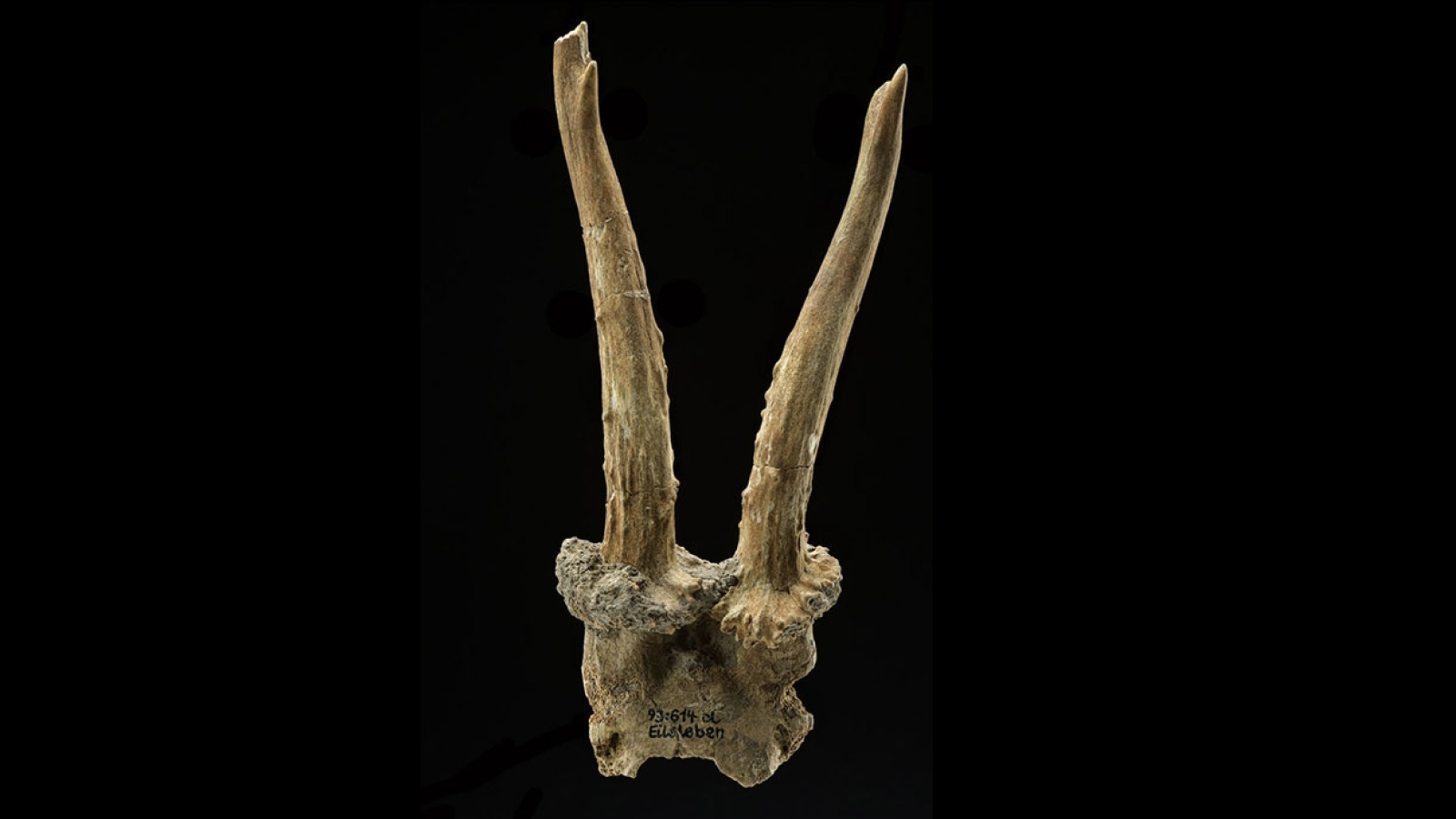A parade of volcanoes is erupting in Russia following an 8.8 earthquake
Six Russian volcanoes erupted shortly after an 8.8 magnitude earthquake struck nearby, with a seventh possibly to follow.

Get the world’s most fascinating discoveries delivered straight to your inbox.
You are now subscribed
Your newsletter sign-up was successful
Want to add more newsletters?

Delivered Daily
Daily Newsletter
Sign up for the latest discoveries, groundbreaking research and fascinating breakthroughs that impact you and the wider world direct to your inbox.

Once a week
Life's Little Mysteries
Feed your curiosity with an exclusive mystery every week, solved with science and delivered direct to your inbox before it's seen anywhere else.

Once a week
How It Works
Sign up to our free science & technology newsletter for your weekly fix of fascinating articles, quick quizzes, amazing images, and more

Delivered daily
Space.com Newsletter
Breaking space news, the latest updates on rocket launches, skywatching events and more!

Once a month
Watch This Space
Sign up to our monthly entertainment newsletter to keep up with all our coverage of the latest sci-fi and space movies, tv shows, games and books.

Once a week
Night Sky This Week
Discover this week's must-see night sky events, moon phases, and stunning astrophotos. Sign up for our skywatching newsletter and explore the universe with us!
Join the club
Get full access to premium articles, exclusive features and a growing list of member rewards.
Six volcanoes in far eastern Russia are now erupting following the 8.8 magnitude earthquake and aftershocks that shook the region last week.
Klyuchevskaya erupted first, on July 30. It had already shown signs of unrest before the earthquake, and experts deduced that the quake likely intensified the eruption but didn't trigger it. However, it's difficult to know the exact effect of the earthquake on the volcano. Eruptions of nearby volcanoes Shiveluch, Bezymianny, Karymsky, Avachinsky and Krasheninnikov soon followed and continue through today.
All of the volcanoes sit on the Ring of Fire, a geological feature notorious for volcanic and seismic activity.
The area around this parade of erupting volcanoes, called the Kamchatka Peninsula, is sparsely populated, so there doesn't seem to be an active threat to local communities. However, the eruptions could pose a risk to planes if they were to fly through ash plumes, Harold Tobin, a seismologist at the University of Washington, told Live Science in an email.
Despite the recent spate of eruptions, experts say this kind of volcanic activity is not out of the ordinary. "About 40 to 50 volcanoes are actively erupting around the world at any given time. Right now is no different," Tobin said. "Kamchatka is a very volcanically active region."
Were the eruptions caused by the earthquake?
There is no clear or singular way an earthquake can cause volcanic eruptions, but these two events can co-occur at subduction zones, areas where one tectonic plate dives beneath another.
Related: Russian volcano grows 'devil horns' and spits out 1,000-mile-long river of smoke — Earth from space
Get the world’s most fascinating discoveries delivered straight to your inbox.
"It is not unprecedented for a large subduction zone earthquake to trigger volcanic eruptions," Paul Segall, a geophysicist at Stanford University, told Live Science in an email.
The largest earthquake ever recorded — a magnitude 9.5 quake that struck Valdivia, Chile, in 1960 — was followed by several volcanic eruptions. "The earthquake changed the stress in [Earth's] crust, which may have made it easier for magma to rise to the surface," Segall said. The shaking of the ground by the earthquake also may have contributed to the eruptions by changing the movement of magma beneath Earth's surface.
Both these mechanisms could have played a role in the Chilean eruptions, but it's still too soon to characterize the recent Russian events, Segall said.
Klyuchevskoy was already showing signs of activity prior to the earthquake, but "it did likely increase in the vigor of the eruption, including some ash emission," a U.S. Geological Survey representative told Live Science on July 30.
The most notable aspect of this chain of events was the eruption of Krasheninnikov for the first time in about 500 years. "The timing is either a very strong coincidence or its magma system was perturbed by strong seismic waves and triggered the eruption," Tobin explained. "It's very hard to determine which is true for a single given eruption."
Additionally, the Ministry of Emergency Situations of Russia for the Kamchatka Territory reported increased thermal activity of a seventh nearby volcano, Mutnovsky. Satellite images revealed a thermal anomaly at the volcano, which has yet to erupt, but scientists say they can't predict if or when it might blow.
US volcano quiz: How many can you name in 10 minutes?

Perri Thaler is an intern at Live Science. Her beats include space, tech and the physical sciences, but she also enjoys digging into other topics, like renewable energy and climate change. Perri studied astronomy and economics at Cornell University before working in policy and tech at NASA, and then researching paleomagnetism at Harvard University. She's now working toward a master's degree in journalism at New York University and her work has appeared on ScienceLine, Space.com and Eos.
You must confirm your public display name before commenting
Please logout and then login again, you will then be prompted to enter your display name.
 Live Science Plus
Live Science Plus





